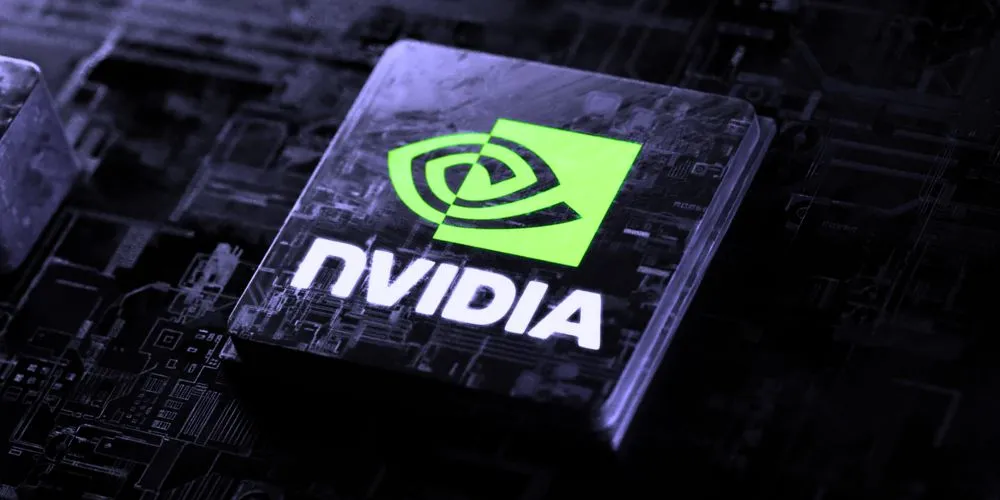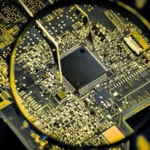Key Points
- U.S. Department of Commerce urged Nvidia to investigate AI chip sales in China.
- Smugglers evaded detection by duplicating and altering server serial numbers.
- Nvidia chips, used in Super Micro and Dell servers, reached Chinese institutions. Nvidia emphasizes strict adherence to export restrictions.
- Biden administration expanded chip bans to 140 entities this year. U.S.-China tensions persist over semiconductor technology access.
The U.S. Department of Commerce has reportedly urged Nvidia to investigate how its advanced AI chips reached China over the past year despite export restrictions. According to The Information, the chipmaker has called on major distributors, including Super Micro Computer and Dell Technologies, to perform customer spot checks in Southeast Asia to ensure compliance. Nvidia’s chips are integral to servers manufactured by both companies.
Allegations have surfaced regarding smuggling schemes to bypass these restrictions. The Information cited five individuals involved in such activities, who claimed they evaded detection during recent inspections by Super Micro. In some cases, serial numbers of Nvidia-equipped servers were duplicated and applied to other unauthorized servers. In more sophisticated instances, smugglers reportedly altered serial numbers within server operating systems to mask their origin.
An Nvidia spokesperson emphasized the company’s commitment to enforcing export control regulations and condemned any unauthorized resale or misuse of its products, calling such activities a burden rather than a benefit to its business. However, Super Micro, Dell, and the Department of Commerce did not comment on the matter.
This scrutiny comes amid heightened U.S. efforts to restrict China’s access to advanced semiconductor technologies. The Biden administration expanded the ban on selling high-end AI chips to China last year, and earlier this month, it imposed curbs on semiconductor exports to 140 entities, including companies producing chipmaking equipment. Despite these measures, several Chinese universities and research institutions reportedly acquired Nvidia chips through resellers, as indicated in tender documents reviewed by Reuters earlier in 2024.
The ongoing chip crackdown highlights the growing tension between the U.S. and China in the technological and geopolitical arena. AI and semiconductors are at the forefront of this competition. Nvidia, a key player in AI hardware, finds itself navigating this complex landscape of global supply chains and stringent export regulations.










